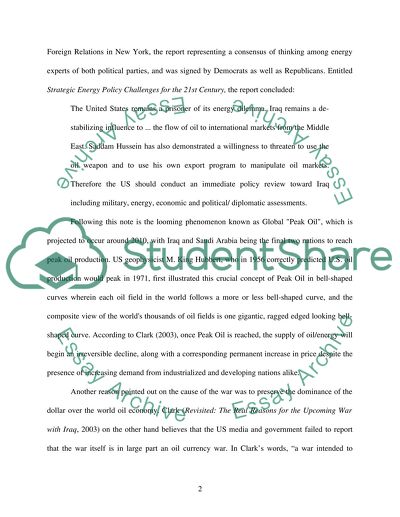Cite this document
(“War in Iraq Essay Example | Topics and Well Written Essays - 1250 words”, n.d.)
War in Iraq Essay Example | Topics and Well Written Essays - 1250 words. Retrieved from https://studentshare.org/miscellaneous/1529952-war-in-iraq
War in Iraq Essay Example | Topics and Well Written Essays - 1250 words. Retrieved from https://studentshare.org/miscellaneous/1529952-war-in-iraq
(War in Iraq Essay Example | Topics and Well Written Essays - 1250 Words)
War in Iraq Essay Example | Topics and Well Written Essays - 1250 Words. https://studentshare.org/miscellaneous/1529952-war-in-iraq.
War in Iraq Essay Example | Topics and Well Written Essays - 1250 Words. https://studentshare.org/miscellaneous/1529952-war-in-iraq.
“War in Iraq Essay Example | Topics and Well Written Essays - 1250 Words”, n.d. https://studentshare.org/miscellaneous/1529952-war-in-iraq.


